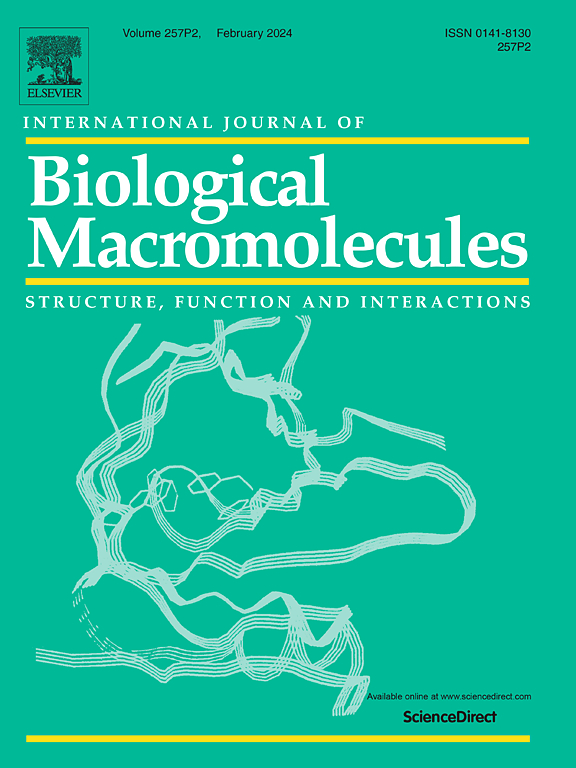Novel insights into Cntnap4 in Alzheimer's disease: Intestinal flora interaction
Abstract
Alzheimer's disease (AD) is a neurodegenerative disorder with unclear etiology. This study employs single-cell RNA sequencing (scRNA-seq), high-throughput transcriptome sequencing, 16s rRNA sequencing, and animal experiments to investigate the role of the contactin-associated protein like-4 (Cntnap4) gene in AD and its interaction with intestinal flora. We found that Cntnap4 deficiency in AD mice led to increased Tau protein phosphorylation, amyloid-beta plaque accumulation, and neuronal loss. Astrocytes in Cntnap4-/- mice showed impaired amyloid-beta processing. 16?s rRNA sequencing revealed distinct intestinal flora compositions between Cntnap4-/- and control mice, indicating a potential link between gut microbiota and AD progression. Notably, GABA supplementation improved cognitive impairment, restored synaptic currents, reduced amyloid-beta plaques, and increased neuronal counts. This study highlights Cntnap4's critical role in AD and suggests gut-brain axis involvement, offering novel insights for potential therapeutic strategies.





